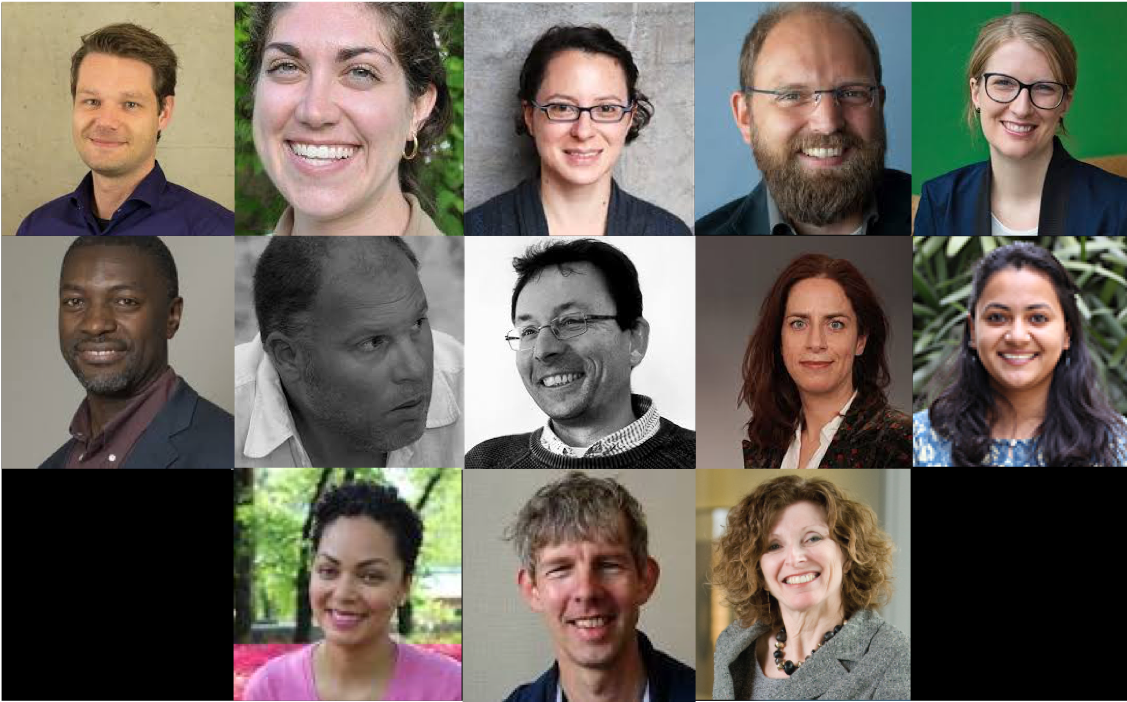About the Global Adaptation Mapping Initiative
The Global Adaptation Mapping Initiative (GAMI) is a collective global effort to systematically gather and synthesize literature on climate change adaptation. GAMI reviewed thousands of peer-reviewed articles in order to develop the first systematic global assessment of empirical evidence on adaptation progress. This initiative was developed to provide synthesis results to inform the ongoing Intergovernmental Panel on Climate Change (IPCC) 6th Assessment Report (AR6), seeking to answer the question: Are we adapting?
GAMI emerged via numerous discussions among several adaptation researchers in the context of the IPCC AR6 process. Many of us felt that robust synthesis of adaptation literature and insights was under-represented in climate assessments. We realized that there was a growing collective desire for more systematic synthesis of adaptation research to bring together diverse insights and to answer the ‘big’ question(s): Are we adapting? To what extent are we adapting? Is adaptation reducing risk?
And so the Global Adaptation Mapping Initiative was born, with the goal of recruiting a global team of adaptation researchers with sufficient passion and curiosity to donate their time for collective adaptation synthesis. GAMI is totally unfunded, and relied on the volunteer time and enthusiasm of hundreds of global researchers. Our results are published in a series of peer-reviewed scientific papers which aimed to inform the IPCC AR6 process. The database on adaptation literature built from this initiative is available for GAMI students and researchers to author further publications.
See our latest publication in Nature Climate Change: "A systematic global stocktake of evidence on human adaptation to climate change".


